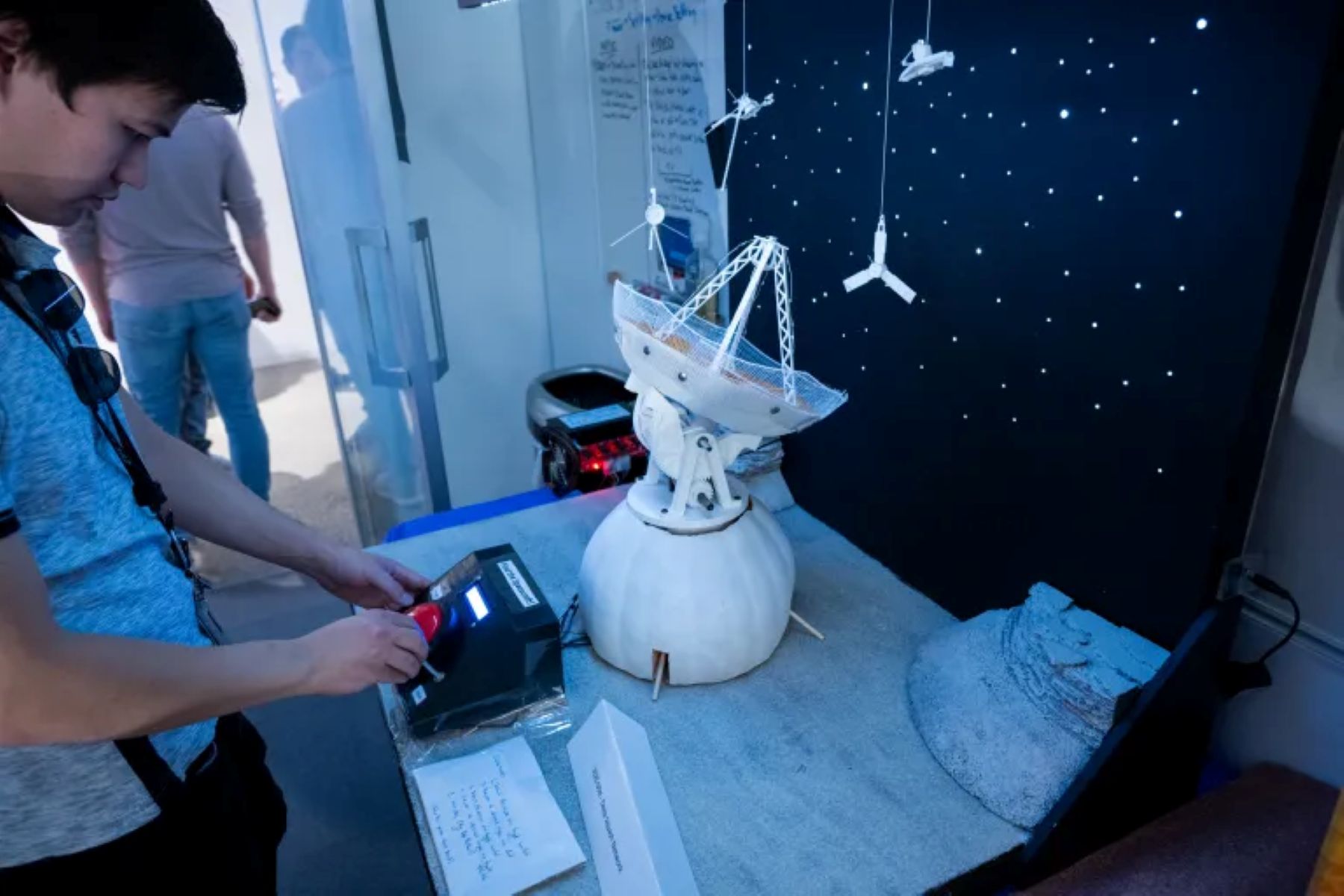How Do Experts Measure a Race Car’s Performance?

Revving engines, screeching tires, and the thrill of speed define the world of race cars. To stay ahead in the competitive racing arena, one must understand the race car’s performance. But how do experts measure these high-speed machines? Let’s dive into the key aspects that determine a race car’s prowess on the track.
Acceleration and Speed
Experts measure how quickly a vehicle can go from zero to top speed, typically noting the time it takes to reach 60 mph. This metric reveals the engine’s power and the car’s overall agility. Top speed tests also play a significant role, as they show the maximum velocity a race car can achieve on a straight path.
Handling and Cornering
The ability to navigate turns efficiently separates great race cars from good ones. Experts assess handling by examining the car’s response to steering inputs, its balance during high-speed maneuvers, and the grip of its tires. Cornering speed—how fast a car can take a turn without losing control—gets thoroughly evaluated to gauge performance on winding tracks.
Aerodynamics
Wind tunnel testing helps experts analyze how air flows over and around the car. By studying drag (air resistance) and downforce (pressure pushing the car toward the track), they can identify ways to reduce drag and increase stability. Every curve and angle of the car’s bodywork aims to optimize aerodynamic efficiency.
Braking Efficiency
Stopping power is as vital as speed. Experts evaluate braking efficiency by measuring the distance required to bring the car to a complete stop from high speeds. The braking system’s ability to maintain performance under repeated use without overheating or fading also gets scrutinized. Effective brakes contribute significantly to a driver’s ability to navigate courses safely and swiftly.
Engine Performance
A dynamometer, or dyno, is a critical tool for measuring a race car’s engine performance. During a dyno test, the car is placed on a special machine that measures power output, torque, and engine RPM (revolutions per minute) under various conditions. This test provides valuable data on how the engine performs at different speeds and loads, helping experts fine-tune the car for optimal performance.
Data Analytics and Telemetry
Modern race cars come equipped with numerous sensors and data logging systems. Telemetry data offers real-time insights into various aspects of the car’s performance, including speed, tire pressure, fuel consumption, and engine temperature. When they analyze this data, experts can make informed decisions about adjustments and improvements, tailoring the car’s setup to specific track conditions.
Understanding a race car’s performance involves a blend of tests, metrics, and high-tech data analytics. Through these comprehensive evaluations, experts can fine-tune every aspect of the vehicle to extract maximum performance. By mastering these elements, race teams can keep their cars ahead of the competition and on the path to victory.





